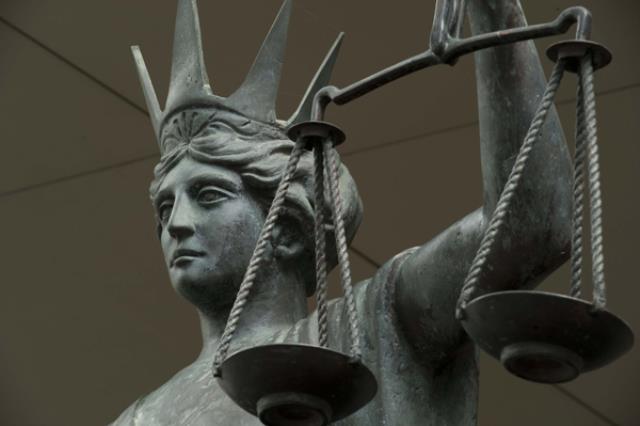An investigation into healthcare provision for Aboriginal people in Victorian prisons was tabled on March 6 based on research in three prisons including two in Ravenhall and found the lack of input by Victoria’s First Nations people into healthcare policy in prisons is having devastating effects on the health outcomes for them.
The Victorian Ombudsman Deborah Glass, who conducted the report, said despite commitments at every level of government to Aboriginal peoples’ self-determination and Aboriginal-led solutions, “the experiences of Aboriginal people in prison are often missing from discussions about policies that affect them”.
“Healthcare is the issue raised most often with the Ombudsman by people in prison and their advocates. And while healthcare is an issue for all people in prison, the available evidence shows that Aboriginal people suffer worse and more complex health outcomes than non-Aboriginal people in prison and in the community. I launched this investigation on that basis,” she said.
For more than three decades, various authorities have looked into the reasons for the poor health outcomes of First Nations people and deaths in custody.
Ms Glass said these reviews made multiple recommendations to improve healthcare in prisons, some repeated over the years, and various governments made multiple commitments to implement them.
“Yet little has changed, or at best, not enough,” she said.
“We heard stories of people being unable to access programs to address their drug use, having their ongoing medications abruptly stopped and resorting to doing their own ‘surgery’.
“We heard about a yearning for cultural connection. About the devastating impact a lack of cultural and family connection in prison can have, and what a huge difference it makes when they do receive cultural support with their healthcare needs.”
The report makes five key recommendations. The government has accepted one and accepted four others “in principle”.
The state government spokesperson said the investigation took place before significant healthcare reforms were implemented in prisons and does not take into account the impacts of the major changes that have been made.
“We take our duty of care to all people in custody seriously – last year we introduced new healthcare providers across the system, including public health providers for our women’s prisons, and specific improvements for Aboriginal and Torres Strait Islander people in custody,” they said
“We continue to work closely with the Aboriginal community in reforming custodial healthcare.”
The investigation visited Dame Phyllis Frost Centre, Ravenhall Correctional Centre and Melbourne Assessment Prison.








